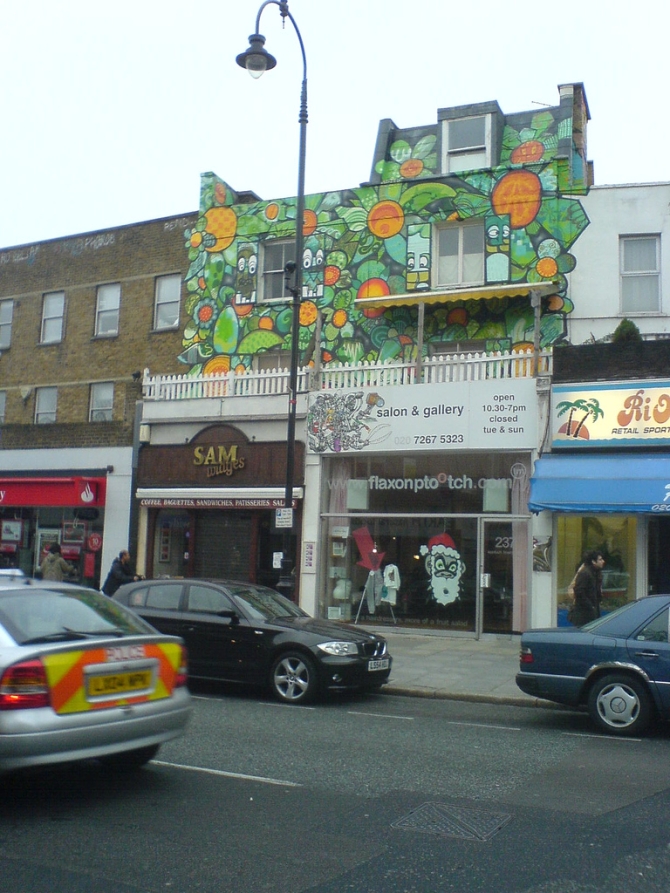As consumer habits continue to change amidst the economic recovery, many high street brands are identifying a growing need to adapt in order to survive. This has led to a wave of so-called retail “chameleons” springing up in town centres throughout the UK, with these innovative new businesses finding flexible uses for commercial properties designed to appeal to a range of consumers around the clock.

The rising cost of rents and business rates have meant that, in order to make a business truly profitable, it is often essential to create a business model which places a great deal of emphasis on flexibility. One of the most successful examples of this technique is the Jones Family Project (JFP) in Shoreditch, east London, which utilises moveable “sets” and changeable lighting concepts to transform a busy cocktail bar into a working space during the day.
In order to achieve this, co-founder Duncan Watts installed a pivoting back bar which, by day, hides the alcoholic beverage offering and instead offers customers a range of hot drinks. He also installed a one-man office in the front window including a desk, wireless printer and “proper upholstered leather chair” – an initiative which both appeals to the self-employed and acts as a living advertisement for the property’s daytime use.
Mr Watts told The Telegraph; “During the day, this area is buzzing with workers and one-man businesses.
“I knew that if I could create a better work environment than Starbucks, they would come in here.
“If you see a load of booze on the wall at 9am and you want to work, you think you’re in the wrong place.”
The clever business model has certainly had a strong impact on sales, as since JFP has begun to implement the flexible office space concept daytime revenues have risen by around 25 per cent. As a result, the firm believes annual turnover will approach £2 million for the current financial year.
Yet while chameleon businesses may be becoming more popular of late, they are by no means a new concept. Flaxon Ptootch (pictured) founder Michael Murphy has spent more than 20 years creating flexible space within his Kentish Town property, with the result that the business operates around the clock as a salon, art gallery, event space and has even acted as a pop-up restaurant.
Mr Murphy often hires out the well located property as a private events venue, and has installed a state of the art sound system and theatre quality lighting in order to provide a top quality leisure space. Yet he also creates opportunities for retailers struggling to source affordable commercial space in the popular north London postcode, as a pop-up tailor became a popular fixture of the salon on Sundays for several weeks last year.
While this business model may be tricky to implement, the ability to attract a greater range of consumers around the clock is certainly worth the effort. Perhaps, with the success of pop-up shops now established, properties of this kind could help to ease the problems facing the high street.